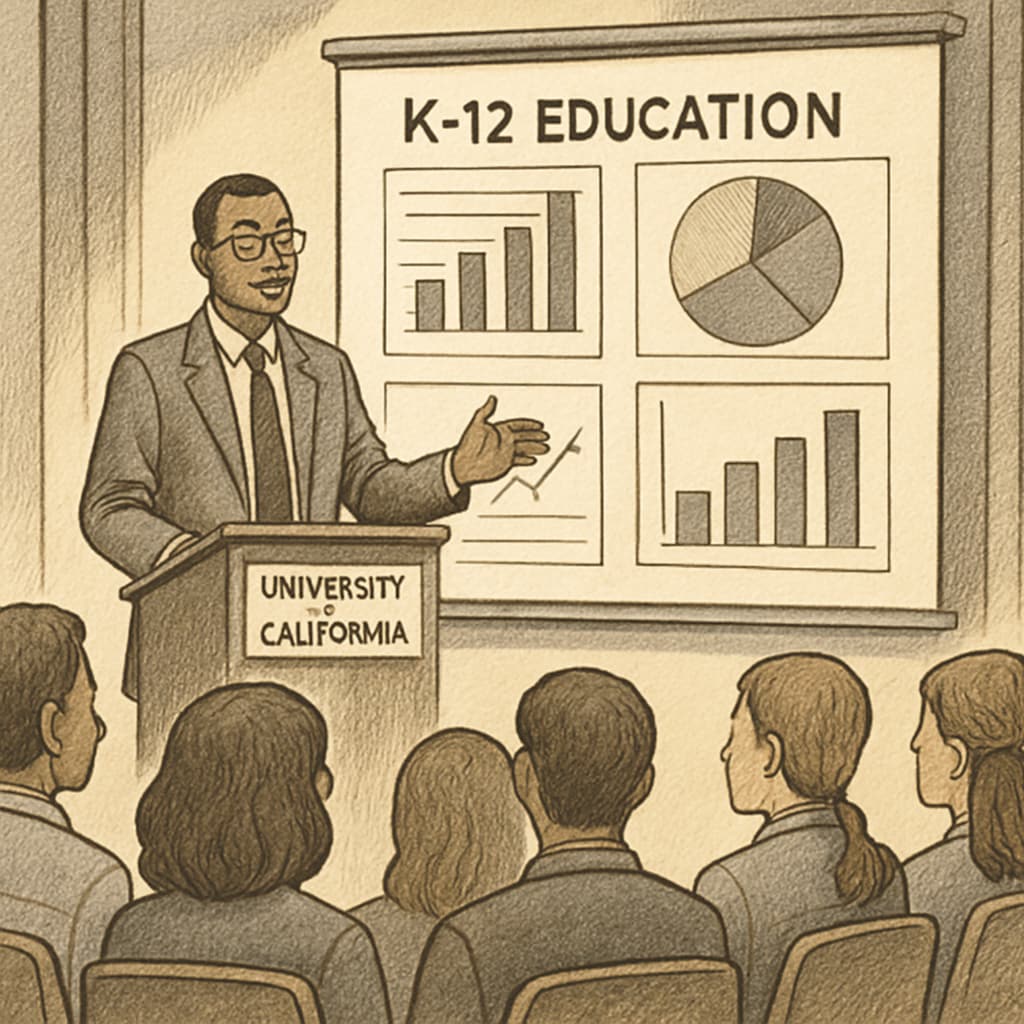The University of California, renowned for its contributions to education research, offers a wealth of knowledge that can benefit K12 educators and parents. By connecting with university employees and leveraging their expertise, stakeholders in K12 education can bridge the gap between academic research and practical teaching solutions. This article explores actionable strategies to establish meaningful connections, formulate impactful questions, and integrate higher education insights into K12 practices.
Why Connect with University of California Experts?
University researchers and educators possess specialized knowledge that can address challenges faced by K12 educators. For example, they often conduct studies on effective teaching methods, curriculum development, and student engagement. By accessing this expertise, K12 educators can enhance their classroom practices and create more impactful learning environments.
In addition, collaboration between K12 and higher education professionals fosters innovation. It allows for the translation of cutting-edge research into practical applications, ensuring that K12 students benefit from the latest advancements in pedagogy and technology.

How to Build Connections with University of California Employees
Establishing contact with University of California experts may seem daunting, but there are several effective strategies to initiate communication:
- Leverage Professional Networks: Use LinkedIn or professional organizations to find university employees who specialize in education.
- Attend Conferences and Webinars: Many universities host events where their experts share insights. Participate actively to connect with speakers and attendees.
- Email Outreach: Craft a clear and concise email explaining your goals and the specific expertise you seek. Personalize your message to show genuine interest.
For example, if you are interested in inclusive teaching strategies, reach out to professors or researchers who have published papers in this area. Highlight how their work aligns with your educational objectives.
Mastering the Art of Asking Questions
Once you’ve established contact, the next step is to ask meaningful questions that yield actionable insights. Here are some tips to frame your queries effectively:
- Be Specific: Avoid vague questions. Instead, focus on particular challenges or topics, such as improving STEM education or fostering critical thinking in students.
- Show Appreciation: Acknowledge the expert’s work and explain how their research has influenced your interest in the topic.
- Request Practical Advice: Ask for recommendations that can be directly applied in K12 settings, such as teaching strategies or resources.
For example, you might ask, “What are some proven methods for increasing student engagement in middle school science classes based on your research findings?”

Applying Academic Research to K12 Education
Integrating university-level research into K12 teaching practices requires thoughtful planning. Here are steps to ensure successful application:
- Identify Relevant Research: Focus on studies that address specific challenges in your classroom or school.
- Collaborate with Colleagues: Share findings with fellow educators and brainstorm ways to implement new strategies collectively.
- Pilot New Techniques: Test research-based methods on a small scale before rolling them out across your curriculum.
For instance, if a study highlights interactive learning as an effective tool for increasing engagement, you could introduce activities like group projects or gamification to assess their impact on student performance.
By consistently referencing academic research and adapting it to fit your unique educational context, you can elevate the quality of teaching and learning in K12 environments.
Conclusion: Building Bridges Between Research and Practice
Connecting with University of California experts opens doors to valuable insights that can transform K12 education. By leveraging professional networks, asking impactful questions, and applying research findings, educators and parents can create more dynamic and effective learning experiences for students. As a result, collaboration between K12 and higher education professionals ensures that cutting-edge knowledge benefits classrooms across the nation.
Take the first step towards strengthening this connection today—reach out to an expert, attend a university event, or explore academic publications. The future of K12 education is brighter when academic research meets classroom innovation.


